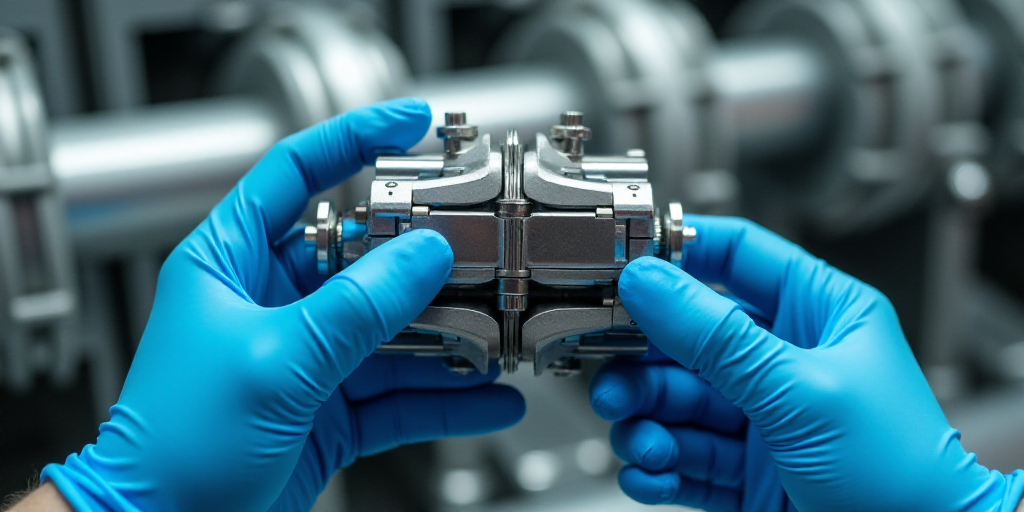Background on Key Figures and Relevance
Bruno Costa Gabriel, the International Vice President of Johnson & Johnson Innovative, highlighted a concerning trend in Latin America regarding the approval and availability of innovative therapies.
Current Situation and Delays
The average time for the approval of new medications in Latin America has risen to 3.1 years, up from 2.8 years in 2023. This delay is particularly alarming as the availability of these treatments within various healthcare systems can take an average of 5.6 years after regulatory approval.
Data from Brazil
In Brazil, out of 403 medications approved between 2014 and 2024, only 7% (or 29 drugs) are effectively available to patients through the healthcare system. This situation mirrors similar challenges in other Latin American countries.
Contributing Factors
Bruno Costa Gabriel pointed out that one of the primary reasons for this delay is insufficient investment in healthcare.
Healthcare Spending as a Percentage of GDP
Countries in the Organisation for Economic Co-operation and Development (OECD) allocate 8.3% of their GDP to healthcare, whereas in Latin America and the Caribbean, this figure barely reaches 4.1%. This investment level falls significantly short of the World Health Organization’s (WHO) recommendation of at least 6% of GDP to ensure universal coverage.
Commitment to Innovation
Despite these figures, the pharmaceutical industry remains dedicated to contributing innovative therapies that can enhance people’s quality of life, according to Bruno Costa Gabriel.
Current Pipeline of Molecules
Currently, there are over 67,000 molecules under development globally, with 74% of them having the potential to be “first-in-class,” addressing unmet medical needs in various therapy areas, including different types of cancer and rare diseases.
Importance of Clinical Research
Bruno Costa Gabriel emphasized the significance of clinical research, as recent studies—such as one by McKinsey—show that 73% of life-years gained in recent decades can be directly attributed to medications.
Key Questions and Answers
- What is the current situation regarding innovative therapy approvals in Latin America? The average approval time for new medications has increased to 3.1 years, up from 2.8 years in 2023.
- Why is there a delay in making approved therapies available to patients? Insufficient investment in healthcare is one of the primary reasons, with Latin American countries allocating only 4.1% of their GDP to healthcare, far below the WHO’s recommended 6%.
- What percentage of approved medications are available to patients in Brazil? Only 7% (or 29 drugs) of the 403 approved medications between 2014 and 2024 are available to patients through the healthcare system in Brazil.
- What is the potential of current molecular developments? 74% of the over 67,000 molecules under development globally have the potential to be “first-in-class,” addressing unmet medical needs in various therapy areas.
- Why is clinical research crucial? Recent studies, like the one by McKinsey, indicate that medications have contributed significantly to life-years gained in recent decades, with each dollar invested generating a fourfold socioeconomic benefit.
“We remain committed to addressing the challenges faced by patients who require our collaboration, as well as that of the entire healthcare system in the region,” Bruno Costa Gabriel emphasized.






